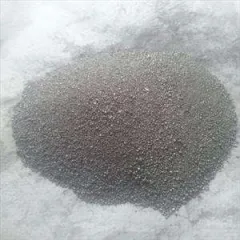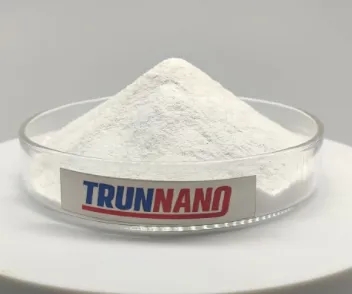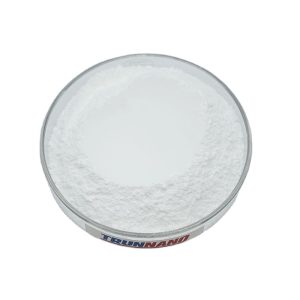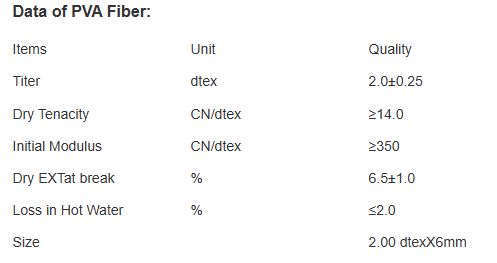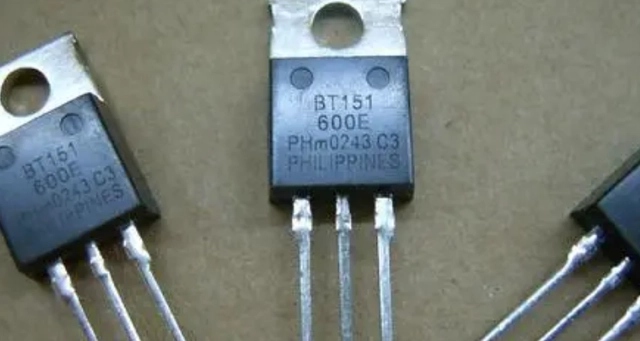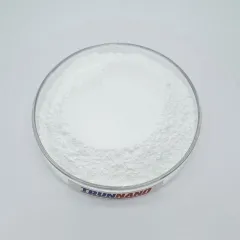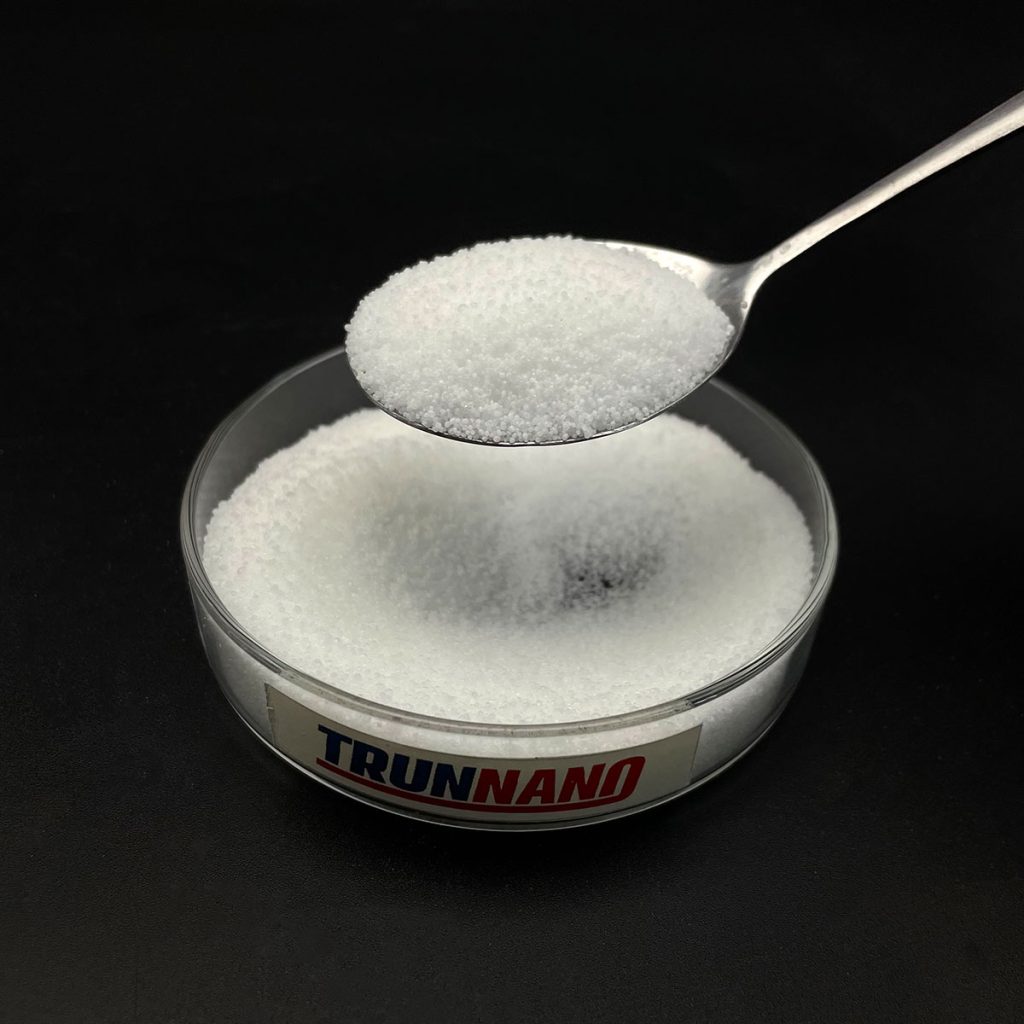Molybdenum Carbide: A Leader in High-Performance Catalytic Materials and Future Energy Applications
Molybdenum carbide (Mo ₂ C), as a novel transition steel carbide, shows remarkable physical and chemical residential or commercial properties, making it an outstanding catalyst in various reactions, specifically in hydrogen production and co2 reduction, with wide application prospects. Mo ₂ C is made up of molybdenum (Mo) and carbon (C), featuring a high melting point (~ 2690 ° C), excellent electrical conductivity, thermal security, and mechanical strength. Most significantly, its surface area is abundant in energetic websites that can effectively adsorb and turn on particles, making it an ideal catalytic product. Premium Mo ₂ C can be prepared using methods such as direct carburization, chemical vapor deposition (CVD), sol-gel procedure, and microwave-assisted synthesis. These advanced methods offer a solid structure for checking out Mo ₂ C’s possibility in numerous applications.
(Molybdenum Carbide Powder)
Recently, study has actually shown that Mo ₂ C excels in several areas, consisting of reliable hydrogen advancement response (HER) drivers, outstanding CO ₂ reduction catalysts, exceptional hydrodesulfurization (HDS) efficiency, and exceptional lithium-ion battery anode materials. As an example, in acidic environments, Mo ₂ C can attain quick and stable water splitting to create hydrogen with reduced overpotential and Tafel incline close to theoretical values. In converting carbon monoxide ₂ right into valuable chemicals like formic acid or methanol, Mo ₂ C demonstrates high selectivity and conversion performance. During petroleum refining, Mo ₂ C can complete HDS responses at reduced temperatures with higher selectivity and activity. As a lithium-ion battery anode, it uses greater capability and cycle life. These research study findings have actually significantly moved the commercial application of Mo ₂ C from laboratory settings.
Mo ₂ C showcases extensive applications across numerous markets. In hydrogen production and storage space, the Dalian Institute of Chemical Physics, Chinese Academy of Sciences, created an effective electrolyzer based on Mo ₂ C nanosheet varieties, accomplishing steady water splitting at area temperature, minimizing power consumption, and improving hydrogen purity. For clean energy conversion, Stanford College created a photoelectrochemical device made up of Mo ₂ C nanowires that can directly convert carbon monoxide ₂ into fluid fuels under light conditions, minimizing greenhouse gas exhausts while supplying clean fuel resources. In environmental management, the Max Planck Institute for Solid State Research study located that Mo ₂ C-modified activated carbon fibers considerably improve SO ₂ capture efficiency and are conveniently regenerated for duplicated use. Moreover, in brand-new energy storage space tools, scientists at KAIST reported a sodium-ion battery using Mo ₂ C as the anode material, identified by quick charge-discharge rates, outstanding cycle security, and energy thickness going beyond 400 Wh/kg, assuring for future wise grids and electrical vehicles.
()
Regardless of substantial success in Mo ₂ C materials and relevant modern technologies, challenges stay in practical promotion and application, such as price issues, large production innovation, ecological kindness, and standardization. To get over these barriers, constant development and boosted cooperation are essential. On one hand, growing fundamental study to check out new synthesis methods and boost existing processes can continually reduce manufacturing expenses. On the various other hand, establishing and refining industry requirements advertises worked with development amongst upstream and downstream business, developing a healthy community. Universities and research institutes ought to boost instructional financial investments to cultivate even more top notch specialized abilities. In recap, Mo ₂ C, as a very appealing high-performance catalytic product, is slowly changing different aspects of our lives. With continuous technological maturation and excellence, Mo ₂ C is anticipated to play an irreplaceable function in increasingly more areas, bringing more ease and advantages to human culture in the coming years.
TRUNNANO is a supplier of Molybdenum Carbide with over 12 years of experience in nano-building energy conservation and nanotechnology development. It accepts payment via Credit Card, T/T, West Union and Paypal. Trunnano will ship the goods to customers overseas through FedEx, DHL, by air, or by sea. If you want to know more about Molybdenum Carbide, please feel free to contact us and send an inquiry(sales8@nanotrun.com).
All articles and pictures are from the Internet. If there are any copyright issues, please contact us in time to delete.
Inquiry us


